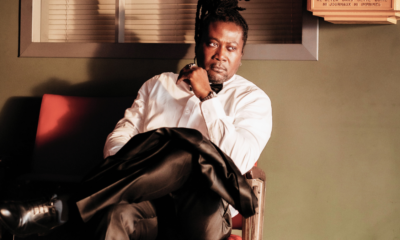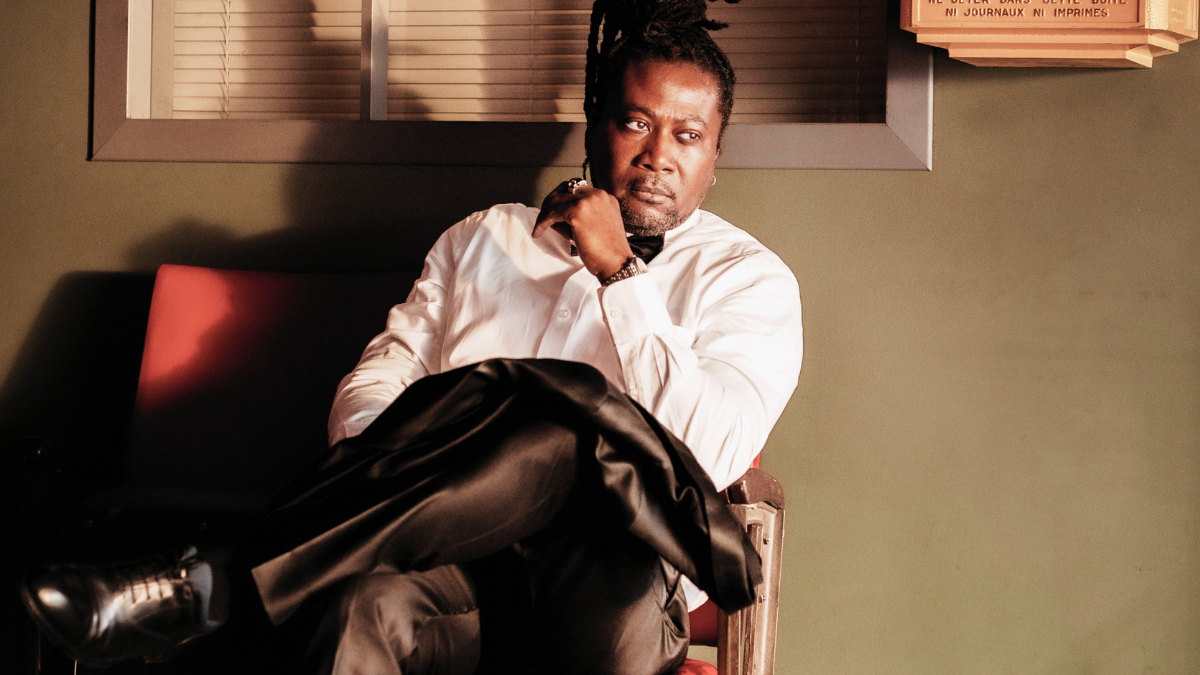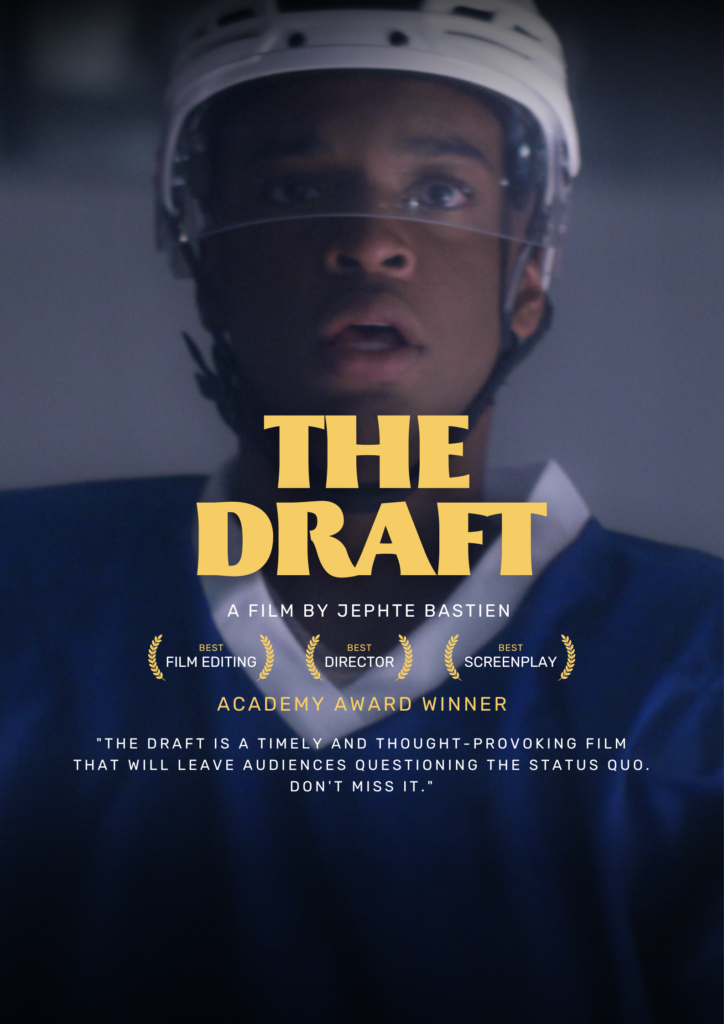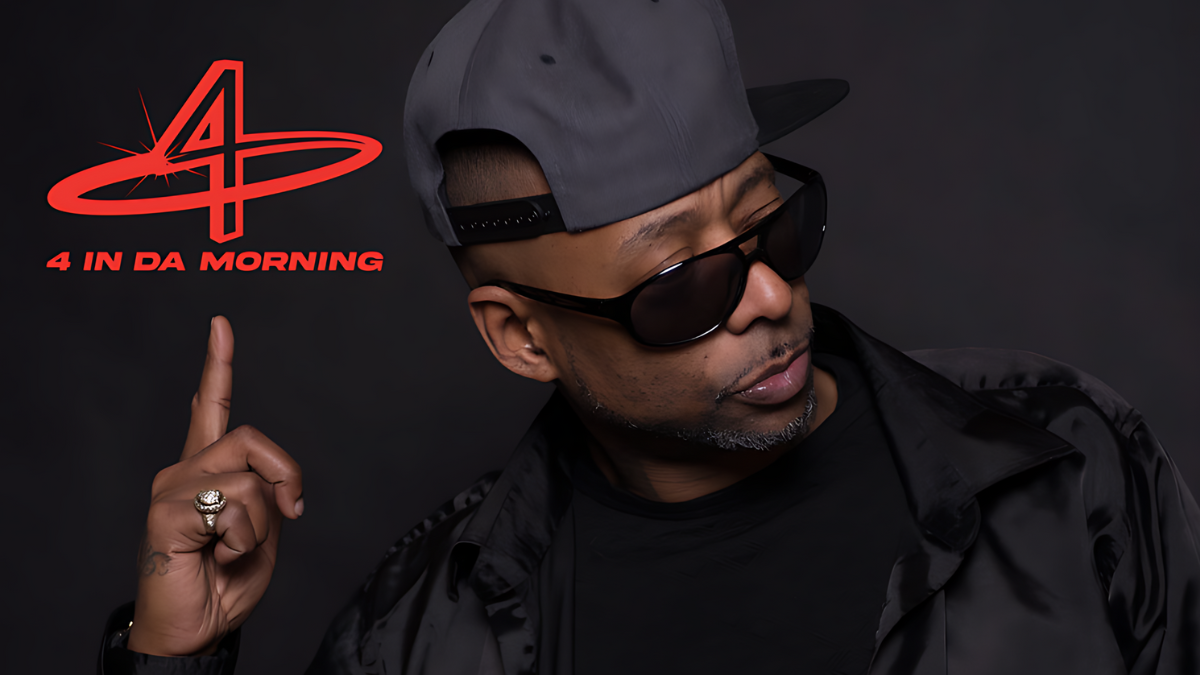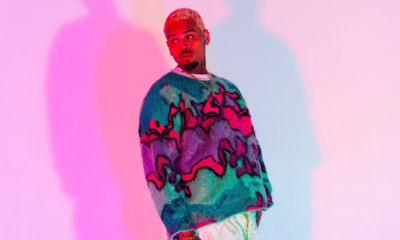Nana: I have the distinct pleasure of speaking with Juno Award winning, Soul/R&B artist Divine Brown. Divine, how are you doing today?
Divine Brown: I’m really good, outside of being a little under the weather, I’m good.
Nana: That’s good, um, how would you describe your voice?
Divine Brown: Wow, ahh…powerful, virtuosic meaning that it’s pretty versatile and it’s honest. If a voice could be honest, I think my voice is honest and raw.
Nana: Interesting…how would you describe your music?
Divine Brown: My music is soulful, there are some jazzy elements to it, again, it’s raw, and it’s honest. I love mixing it up with the r&b, the soul, and the pop, with old school and new school flavours, but the old school is definitely a huge part of who I am.
Nana: At what age, would you say that you discovered your passion?
Divine Brown: I always knew I wanted to be an entertainer, so, it’s difficult, cause I always say at birth. I just always knew. In the 70s as a baby, artists would come on the tv and I would just be bouncing. I had the stories of my mom taking me to Jamaica into a little bar or tuck shop, and as soon as I would see a juke box I would start begging her for change and play whatever song over and over. When she’d run out of money, I’d go to the owner (laughs).
Nana: (laughs) very resourceful little girl (laughs)!
Divine Brown: Yeah. I mean, I just knew what I wanted to do.
Nana: What moves you to write songs and is there a particular song that you feel most proud of?
Divine Brown: My life experiences and the song that I’m most proud of is like saying, ‘pick your favourite child’ if you have one. So I have a lot of songs that I really loved writing, it’s hard, I have so many favourites.
Nana: Okay…do you have a top 5 maybe or a top 3 perhaps?
Divine Brown: Well I really liked Sunglasses, I like the process of writing that because it was so random the way that the inspiration hit. That song by Corey Hart was in my head for, like, two weeks and then I asked my Capoeira instructor what sunglasses was in Portuguese and then I just kind of developed the song from what he said. Sometimes it can be so random. Lay It On the Line, I was talking about a real experience that I have been through, you know such a good friend of mine I saw picking the wrong girl over and over and over again, wishing that he would just take a chance on me. Of course Old School Love too, I love it because it was a very organic inspiration that happened. If just kind of came to me and just kind of flowed in the studio and I just took a bunch of ideas in my head and amalgamated them into this song.
Nana: Right…do you know of any challenges faced with being in a group as opposed to a solo artist?
Divine Brown: Groups have to work together and everybody has to know their roll. Everybody needs to adhere to their part in the group and you absolutely cannot have an ego in an environment like that because it will ruin the magic and beauty of what is being created.
Nana: What challenges do you face as a solo artist?
Divine Brown: Oh, there’s so many! Where do I start? I’d love to be more recognized outside of Canada and that’s been a huge challenge but I’m still truckin’ forward, I love what I do which alleviates some of the hardships and the challenges that come with being a solo artist. Um, a challenge being a female solo artist, especially with a produce and songwriter sensibility that I have is having my ideas being heard. Producers who will trust my vision and bring it to fruition are very rare.
Nana: Interestingly put. Who influences you vocally?
Divine Brown: I have a lot of influences. It’s really interesting because a young male vocalist, approached me and told me he was heavily influenced by me. And I said ‘huh,’ he said that someone told him that if he listened to a lot of female artists it would give him more of an interesting sound. The thing about that is that I listen to a lot of male vocalists. Now, don’t get me wrong, I listen to a ton of female vocalists but, I was influenced a great deal by the male vocalists that I listen to. On the female side, Chaka Khan, Aretha Franklin, Denise Williams, Minnie Riperton, and then on the male side people like Al Green, D’Angelo, Cee-Lo Green, Marvin Gaye, Stevie Wonder, Will Downing, Howard Hewitt, Glen Jones…these are people from way out…(starts singing) do you know him?
Nana: No, I’m not familiar.
Divine Brown: How about Howard Hewitt? (starts singing)
Nana: No, but I wish I did, that sounds like something I’d definitely get down with!
Divine Brown: (keeps singing and smiles).
Nana: What is your overall vocal regime?
Divine Brown: I (laughs), I’m lazy so I’ll use the first two sets of my performances to warm up and then I’ll murder it in the last set.
Nana: Really?
Divine Brown: (laughs) Yes!
Nana: I’m very surprised to learn that.
Divine Brown: (laughs), listen, I try to steam often…I really had to force myself to do so. I find that hot yoga, bikram more specifically, is fantastic for my voice because it expands my lung capacity and helps me with being able to hold notes for a very long time. I find that bikram has been essential to helping develop that.
Nana: When would you say that you are vocally at your best? Morning, afternoon, or evening?
Divine Brown: Evening. Like late afternoon/evening. Like I said, I’m lazy, so I use talking all day to warm up (laughs) and by the time it’s show time, I’m raring to go.
Nana: Does that really help?
Divine Brown: No (hahaha)!
Nana: (Laughs), is there any difference for you between recording in the studio…
Divine Brown: …and singing live?
Nana: Hmm hm.
Divine Brown: Big time. I love singing live, I don’t love singing in the studio because I’m not comfortable. Over the years, I have become more comfortable and I don’t know what it is whether it be experience or confidence that changed. I mean, there are certain things that I can only do live that was more difficult for me to do in the studio. Like runs for instance, I love messing with runs live, much harder to do in the studio, I have to really think about it…I don’t know why that is but it’s becoming easier.
Nana: Wow, that’s really interesting…what is your aim when you perform? What do you want your fans to take away from your performance?
Divine Brown: Oh my goodness, I just want them to walk away feeling like they had a better day than when they walked in to see me sing…that, for me, is the biggest thing. I wanna touch people, I’m not doing my job if people aren’t reacting, I gotta dig deeper and that’s kind of my
Ithing, I gotta dig deeper until I get a reaction from people. I mean, Montreal has one of the best crowds. I mean, you guys are so appreciative of good music.
Nana: Well, alright then. You have such a confident stage presence, is there anywhere you channel that confidence from?
Divine Brown: Wow, um maybe it’s experience that has built that confidence up, also, I think that God implanted something in me at an early age. I’ve taken some chances as a kid and I feel that I need to take some chances now as an adult that you have to have a lot of confidence to do.
Nana: Do you think that what you eat affects your voice?
Divine Brown: Yes. I can’t eat poutine before a performance, boo! But, you know, I try to stay away from poutine anyway because it goes straight to my hips, I have enough hips to feed a nation. Cheeses and carbs are bad because I wanna sleep, so I try to keep it lean meat and vegetables before a performance.
Nana: How have your vocal practices changed since you first began recording till now?
Divine Brown: I think because my voice has developed more and become richer over the years, I’m able to do more with it and now I can do what I have envisioned to do with my voice pretty effortlessly.
Nana: What is a typical rehearsal like for you?
Divine Brown: A lot of fun and silliness…(laughs), in the midst of getting work done.
Nana: Describe a challenge you constantly face in your practices.
Divine Brown: Well, when I’m doing vocal exercises, my voice changes from day to day. It’s frustrating cause some days I can hit super high like whistle-tone register and some days I can’t. Some days I’m like, ‘oh yeah, I can do it’ (starts singing), and then I get on stage and it’s not happening. So it just depends.
Nana: Okay…do you feel a connection between your physical and vocal workouts?
Divine Brown: Big time, the two are synonymous with each other because being and staying active is what helps me to maintain vocal strength.
Nana: How regularly do you workout vocally?
Divine Brown: I don’t really have a routine. Most vocalists would tell you that they don’t really have a routine.
Nana: What do you like about your voice?


 Business3 years ago
Business3 years ago
 Business2 years ago
Business2 years ago
 Business2 years ago
Business2 years ago
 Business3 years ago
Business3 years ago
 Business3 years ago
Business3 years ago
 Business3 years ago
Business3 years ago
 Business3 years ago
Business3 years ago
 Business3 years ago
Business3 years ago

